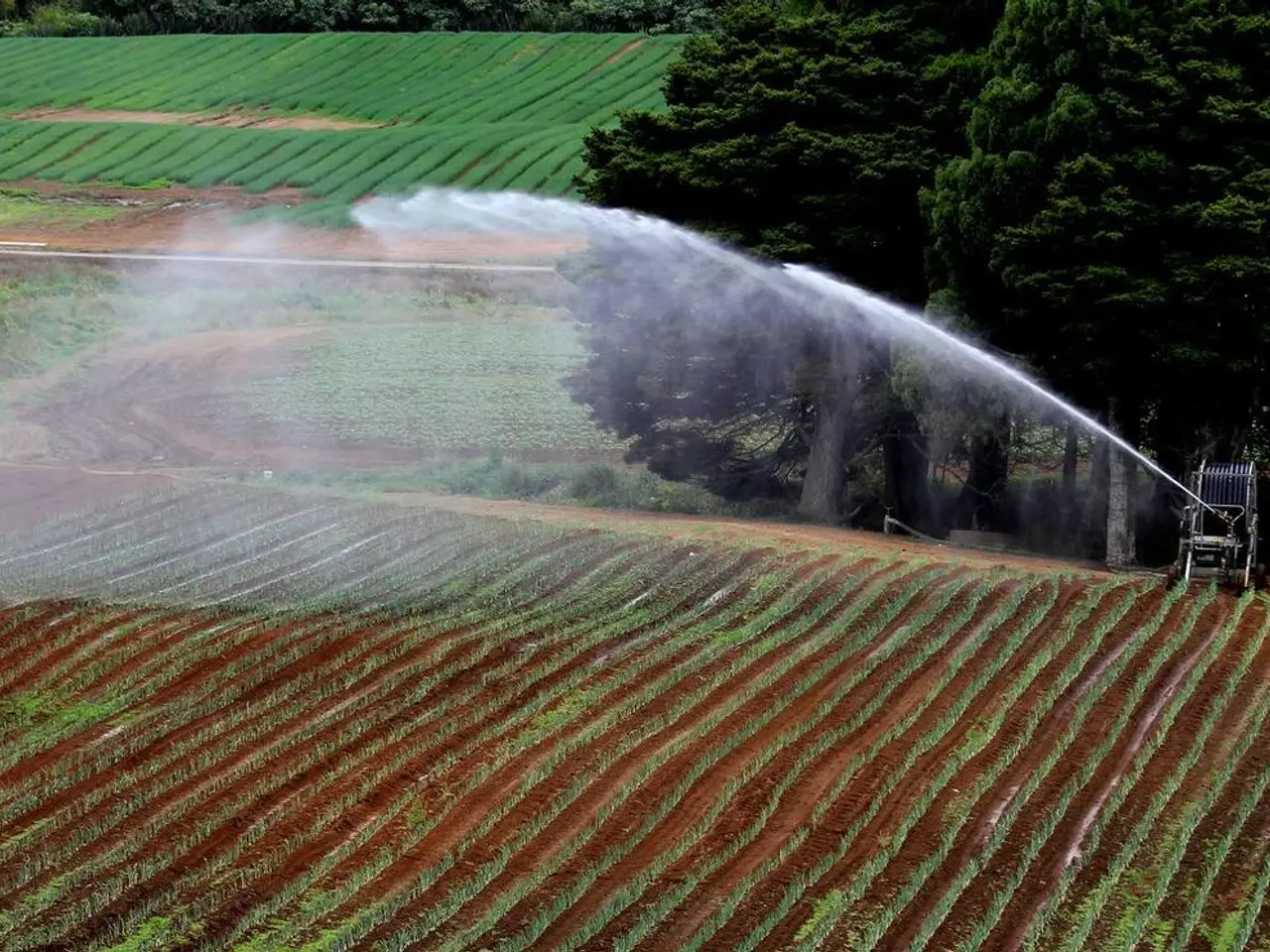Exchange Systems for Values within Permaculture Collectives
In permaculture communities worldwide, innovative value exchange systems are supporting local food systems, small farmers, and sustainable practices. These systems, often based on environmental stewardship strategies, reduce waste, conserve resources, and promote ecological, social, and cultural value beyond conventional money systems.
One prime example is the Commonsverse, a network of initiatives that integrates permaculture principles with local and alternative currencies. These include community land trusts, community-supported agriculture (CSA), agroecology, permaculture projects, and relocalized food systems. These value systems nurture cultural identity and ecological care, underpinned by mutual aid, open source sharing, and alternative currencies that circulate within these communities.
Community Supported Agriculture (CSA) is a notable example, with farmers and consumers exchanging shares of produce often supported by time banking or local currencies. This alignment with permaculture's focus on local resilience and sustainability is a testament to the power of these value exchange systems.
Other permaculture projects, such as the edible forest in Sicily, Italy, involve volunteer labor and shared stewardship, potentially serving as nodes for barter or alternative currency systems. Broader permaculture and agroecology communities also engage in barter, time banking, and local exchanges to share labor, food, and resources without traditional money, reflecting alternative value systems consistent with permaculture ethics.
In some permaculture or sustainable agriculture communities, local complementary currencies or time banks are used to facilitate exchange of services and goods that support ecological stewardship. Examples include time banking systems where labor—like maintaining gardens, tending bees or chickens, or soil preparation—is exchanged as credits usable within the community, and local currencies issued in eco-villages or permaculture communities to strengthen local economies and keep value circulating internally.
Feedback mechanisms are crucial in these systems to identify areas for improvement and make necessary changes. Education plays a key role in supporting value exchange systems in permaculture communities through workshops and training. Successful value exchange initiatives include community gardens and cooperative farms.
The future outlook for value exchange in the permaculture movement is promising, with communities continuing to explore and grow using green farming and permaculture principles. Local governments and nonprofits can help create a supportive environment for green and fair exchange in permaculture communities.
Regenerative agriculture methods like agroforestry and perennial agriculture are rising in permaculture communities, promoting biodiversity and reducing pollution. Sustainable living practices are developed through education and knowledge sharing. Digital platforms are making it easier to exchange goods and services in permaculture communities, fostering innovation and entrepreneurship.
Ethical sourcing methods ensure what's exchanged in value exchange systems is made and sourced right. Resource efficiency, community engagement, environmental impact, and social equity are important metrics to look at when measuring the success of value exchange systems. Permaculture principles encourage sustainable agriculture, reduce pollution, and promote biodiversity in permaculture communities.
In conclusion, value exchange systems in permaculture communities offer a promising path towards sustainable livelihoods, local economies, and regenerative agriculture. These systems, underpinned by community collaboration, education, and feedback, are helping build resilient, green, and fair exchange systems that prioritize ecological, social, and cultural value.
- Beyond conventional money systems, permaculture communities worldwide foster ecological and cultural value through innovative value exchange systems.
- The Commonsverse, a network of initiatives, combines permaculture principles with local currencies, supporting community land trusts, CSA, agroecology, and more.
- CSA, with time banking or local currencies, allows farmers and consumers to exchange shares of produce, aligning with permaculture's focus on local resilience and sustainability.
- Volunteer labor and shared stewardship projects, like the edible forest in Sicily, Italy, may potentially serve as nodes for barter or alternative currency systems.
- Time banking systems and local currencies issued in eco-villages or permaculture communities help facilitate the exchange of services and goods supporting ecological stewardship.
- Education is vital in permaculture communities, offering workshops and training to support value exchange systems through community gardens and cooperative farms.
- Digital platforms are making it easier to exchange goods and services in permaculture communities, fostering innovation and entrepreneurship.
- Ethical sourcing methods ensure that the goods exchanged in value exchange systems are made and sourced right, with resource efficiency, community engagement, environmental impact, and social equity as important metrics for success.




